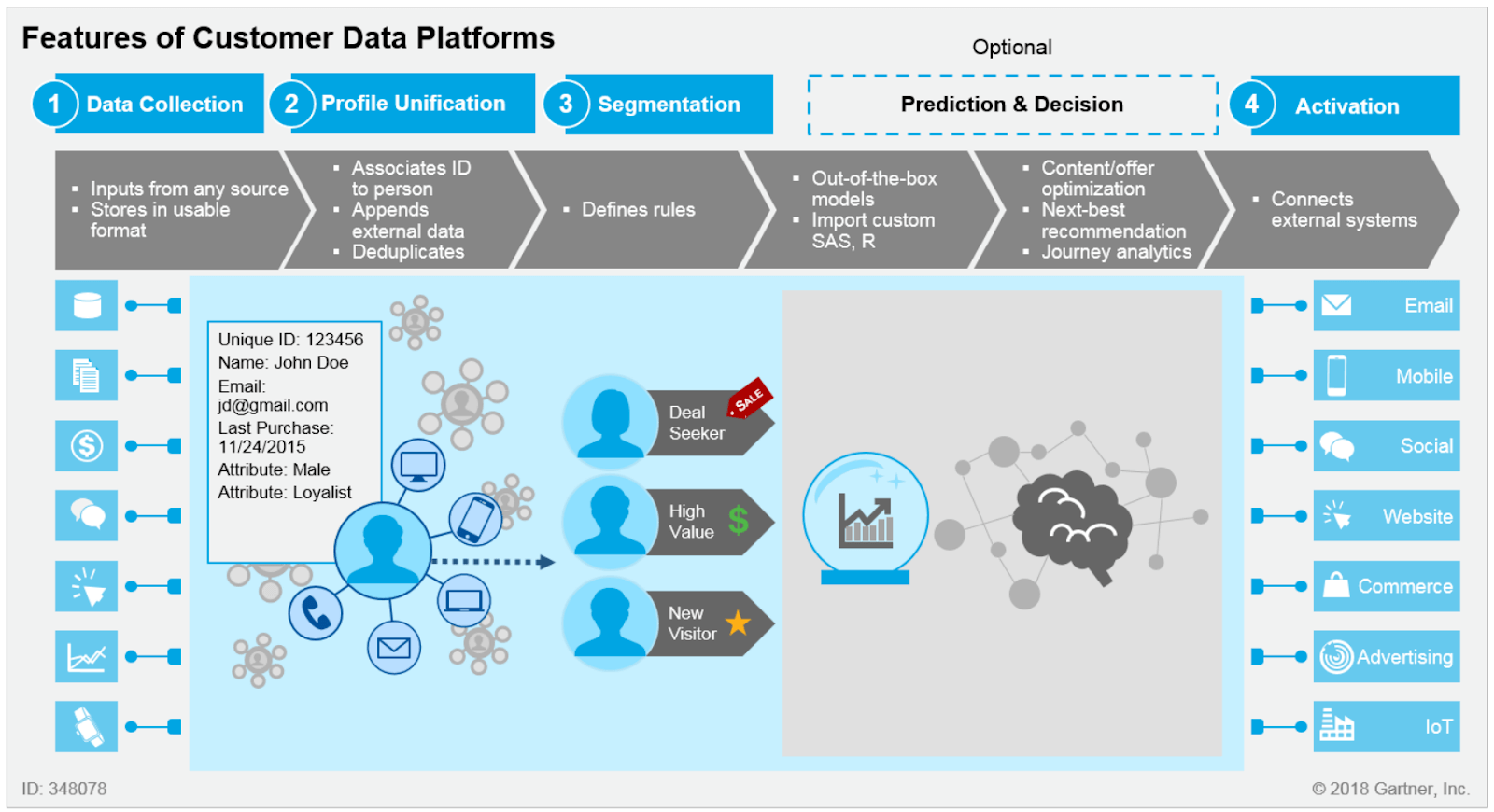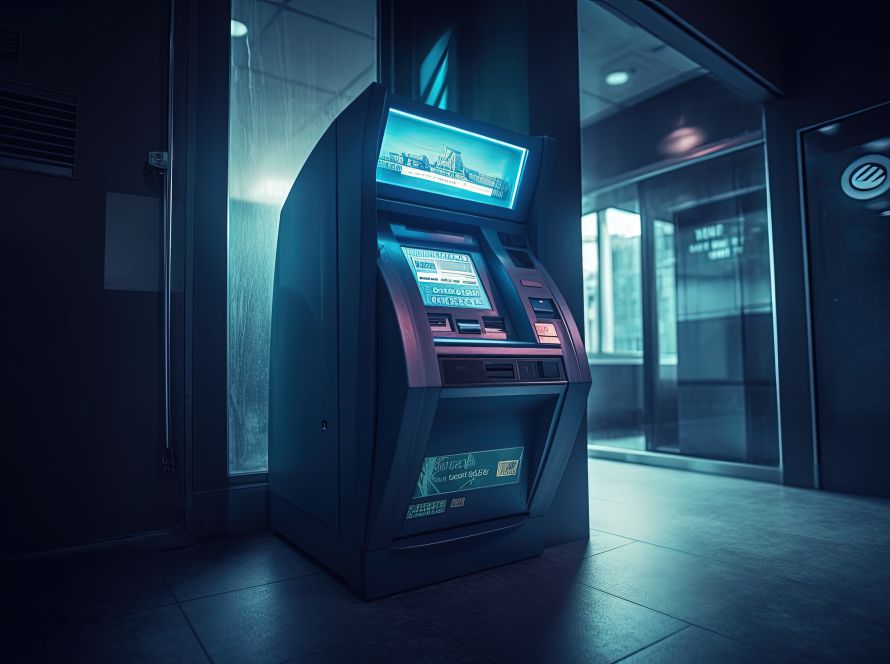The digital revolution has transformed the hospitality sector, paving the way for a customer-centric approach that values personalized experiences. Amidst this transformation, a potent tool has emerged, capable of empowering businesses with valuable insights into their customers’ preferences – the Customer Data Platform (CDP).
Throughout this article, we’ll explore the concept of CDPs, their distinguishing features from other customer relationship management tools, and how they can be effectively utilized in the hospitality industry to enhance customer experiences, streamline operations, and drive revenue growth.
Table of Contents
Understanding Customer Data Platforms
A Customer Data Platform, or CDP, is essentially a unifying system that collects, integrates, and manages customer data from various sources. This unified data source offers a comprehensive understanding of customers, enabling businesses to tailor their services and offers to meet individual customer preferences.
A CDP is not just a mere data collection tool but a powerful software that transforms raw data into actionable insights. It accomplishes this by ingesting customer data from any source, unifying profiles, segmenting customers based on interests and behavior, and activating data to enhance marketing strategies.

Source: Gartner
Differentiating between CDP and CRM
Often, Customer Data Platforms (CDPs) and Customer Relationship Management (CRM) systems are mistaken to be synonymous. However, they serve distinct functions in a business ecosystem.
CRM Systems
CRMs are primarily customer-facing platforms designed to manage existing customer relationships and interactions. They excel at handling and storing data related to sales conversations, email marketing, and support tickets, thereby fostering brand interactions.
However, CRMs offer a limited scope of customer touchpoints and lack the depth to contextualize behavior. Moreover, they often struggle to provide real-time data and omnichannel personalization.
Customer Data Platforms
In contrast, CDPs offer a broader and more intricate view of customer behavior. They consolidate data from omnichannel streams in real-time, offering deeper insights into customer preferences. This enables businesses to react quickly, fine-tune their campaigns, and target customer segments more accurately.
Additionally, CDPs offer robust analytical capabilities, providing actionable insights, including the ability to create lookalike audiences for sales funnels.
Key Advantages of Employing a CDP in the Hospitality Sector
Improved Personalization
Improved Marketing Efforts
Streamlined Operations
Customer Segmentation
Enhanced Customer Loyalty
Personalized Experiences
A key advantage of employing a CDP is its ability to deliver highly personalized experiences to customers. By leveraging data from CDPs, hospitality businesses can offer personalized recommendations, tailored marketing communications, and custom experiences to their customers. Personalized emails, for instance, boast an open rate that is 29% higher than non-personalized ones.
Enhanced Customer Segmentation
CDPs enable businesses to segment their customers based on various parameters such as location, demographics, and past behavior. This allows for more targeted marketing efforts, increasing customer retention rates. Companies that leverage CDPs have a staggering 91% higher customer retention rate than those that don’t.
Increased Customer Loyalty
CDPs enable businesses to better understand their customers’ preferences and tailor their offerings accordingly. This not only enhances the customer experience but also fosters loyalty, resulting in increased recurring revenue. Loyal customers are known to spend 67% more than new ones.
Streamlined Marketing Initiatives
CDPs can also aid in identifying upselling and cross-selling opportunities. By analyzing customer data, businesses can suggest relevant products or services to their guests based on their interests and past behaviors, driving additional revenue. CDPs have been known to increase the average order value by 49%.
Efficient Operations
CDPs can help streamline operations by centralizing customer data and automating data integration tasks. This saves time and resources, allowing businesses to focus on enhancing their customer experience. Companies using CDPs report an average ROI of $8.2 for every $1 invested.
Selecting the Right Customer Data Platform
Choosing the right CDP for your hospitality business involves considering several key factors:
Team Involvement
Selecting the ideal CDP must be a collaborative effort involving all key stakeholders, including sales, marketing, IT, and revenue management.
Integration Efficiency
A CDP should seamlessly integrate with your existing systems, including syncing with your PMS, booking systems, and other inbound data sources.
Data Security
CDPs should adhere to the latest privacy regulations, ensuring that customer data remains secure.
Compatibility
Ensure that the CDP provider understands the nuances of the hospitality industry and offers a solution that aligns with your specific needs.
Amplifying CDP Potential with Omnichannel Marketing Campaigns
A CDP can help optimize your business by activating unified guest data across every channel, from email to voice to text messaging.
Leveraging the segmentation capabilities of a CDP, you can tailor and automate your marketing campaigns, increasing conversions and driving revenue growth.
Voice
Your reservations team can personalize interactions and upsells by tapping into guest data, making guests feel valued.
Reputation
Harness guest data to actively manage your online reputation and enhance guest satisfaction, cultivating trust and loyalty.
Text Messaging
Craft personalized recommendations, timely offers, and meaningful interactions with automated text campaigns.
Enhancing the Value of your CDP
Analyzing the ROI of your CDP and identifying areas of improvement can help you unlock the full potential of your CDP investment.
Success Indicators
Monitor key metrics such as customer acquisition and retention rates, campaign performance, and guest satisfaction scores to gauge the impact of your CDP.
Benchmarking
Compare your hotel’s performance against industry standards and competitors to gain insights into how your CDP is benefiting your business.
Optimization Opportunities
Dive into the data to uncover areas where you may enhance personalization, gain operational efficiencies, and boost revenue.
In Conclusion
A Customer Data Platform can be a powerful tool for hospitality businesses looking to improve the customer experience, increase loyalty, and streamline operations. By embracing a CDP, businesses can gain a more comprehensive understanding of their customers, enabling them to tailor their efforts to gain more traction and achieve a competitive advantage in the market.





















